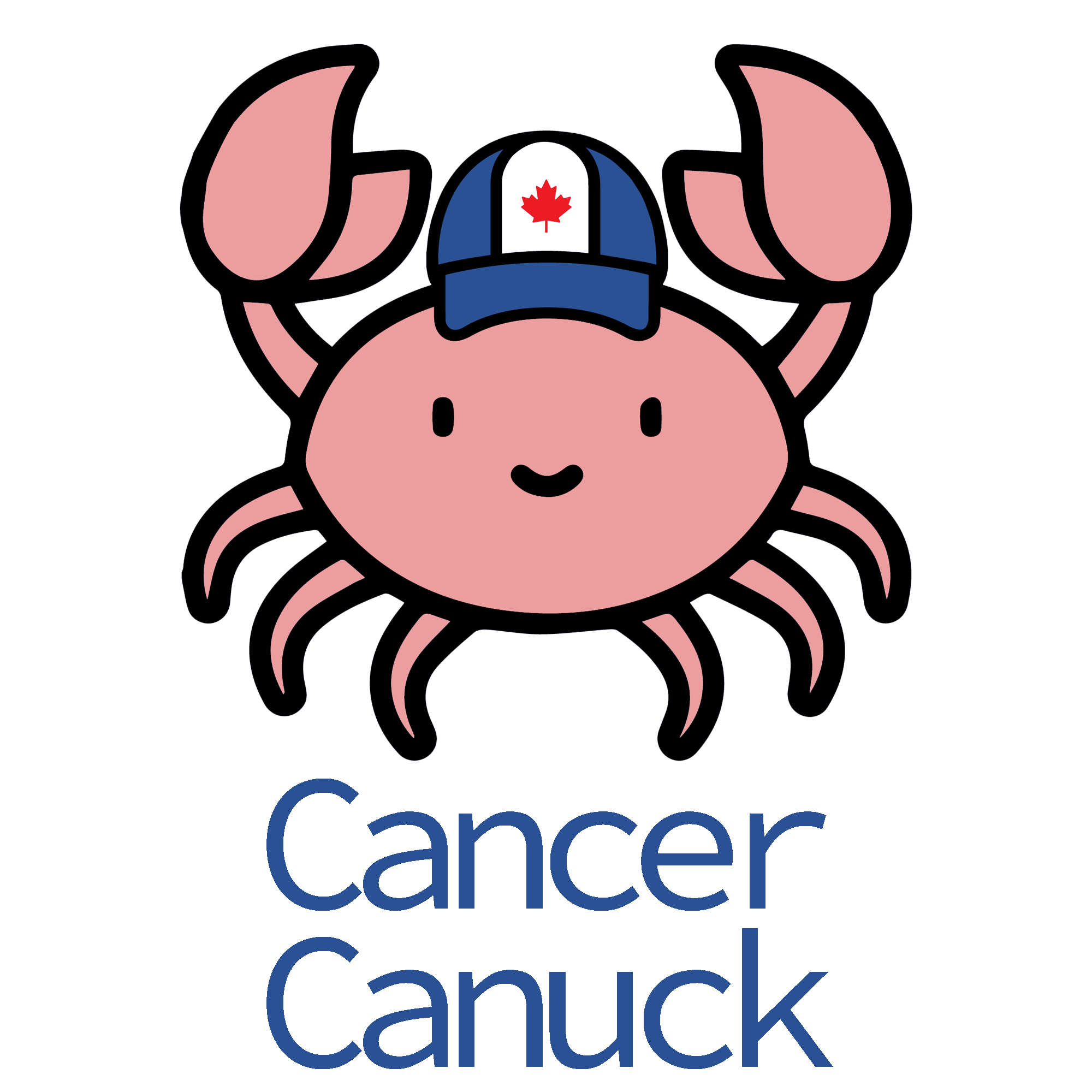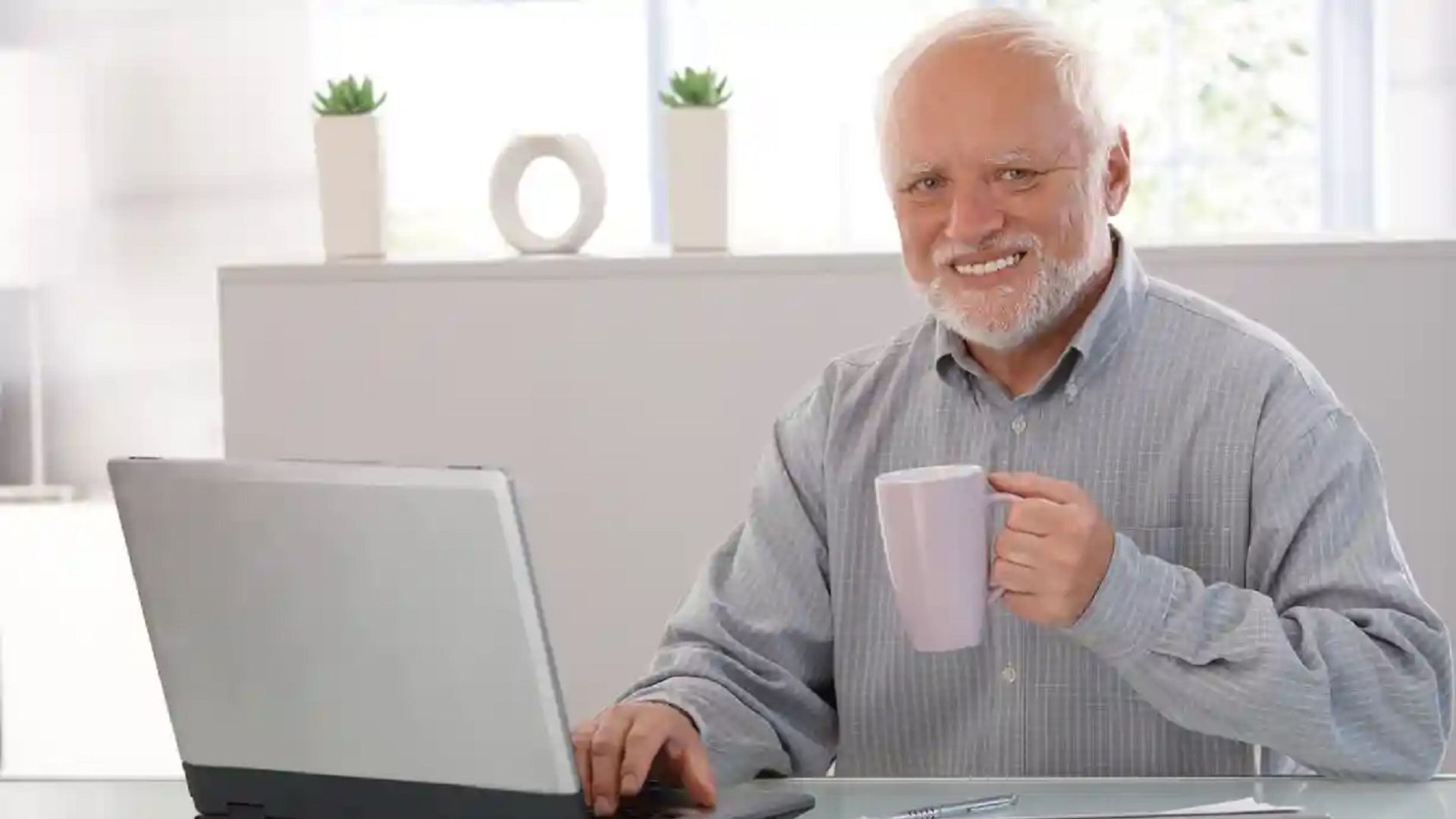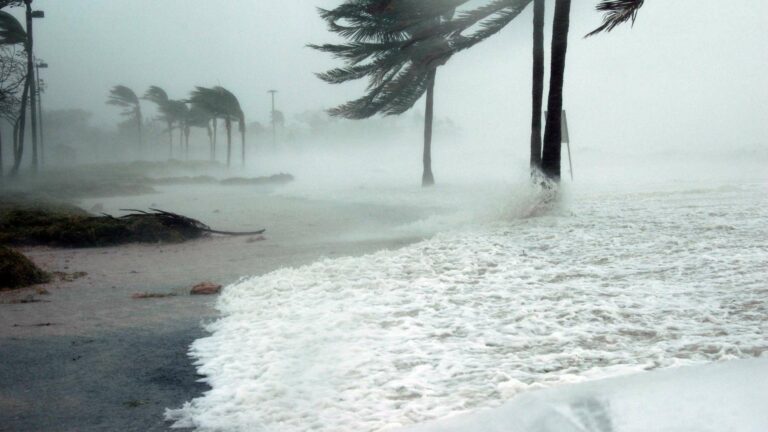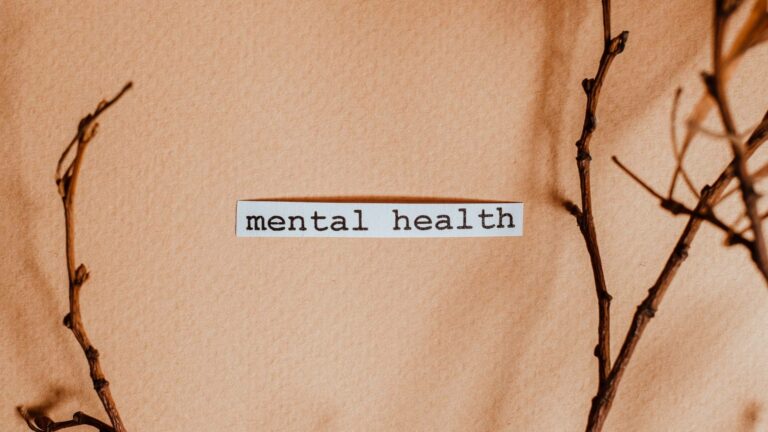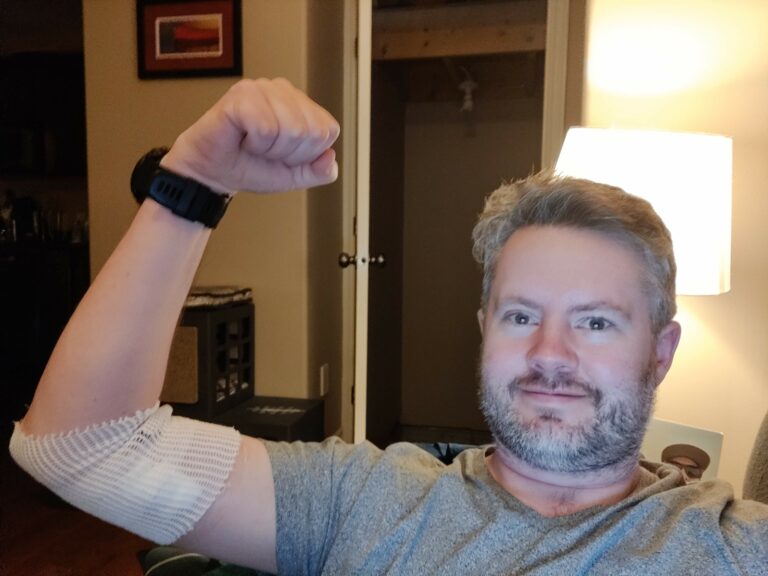Note: This is a follow-up to my piece on seeking help for mental illness.
In what must be among the Southeastern Ontario Cancer Centre’s blandest rooms, reminiscent of the beige office aesthetic of the 1990s, I met this week with the psychiatrist who sees cancer patients.
An unironically displayed motivational poster of a cocoon and butterfly with a platitude about the positivity of change decorated the wall: “Embrace change. Be willing to change. Change is good.”
I’m paraphrasing, of course. But it was the only piece of artwork in that room.
The appointment went well and left me with some interesting insights and some tangible next steps, which I’m excited about. Maybe I can avoid having a complete mental breakdown!
Fear is the mind killer
We took a dive into some of the fears that come with a diagnosis like mine, exploring the different ways that it manifests and affects my life.
There are many fears with this disease. Too many to list. But many of them come from a place of living in the unknown.
The main message that I left with is that I can’t let my pragmatism prevent me from taking risks. I’d never looked at my situation through that lens, but I’ve never taken an overly risk-averse stance toward anything. Until cancer.
So, I have a bit of work to do in terms of allowing myself to embrace the uncertainty of my disease as I have with other situations in my life. I don’t know what my story is going to be, but I do know it’ll make for a pretty boring read if I stop living because I don’t know what’s going to happen next.
Anxiety, but reined in
I’ve mentioned before that I’ve been experiencing a lot of generalized anxiety since my diagnosis, but the reality is that it’s been part of my life for decades.
I’m going to meet with a doctor specializing in Cognitive Behavioural Therapy (CBT) to learn some additional ways that I can apply this technique to managing the more complex aspects of my anxiety—both related and unrelated to cancer.
In conjunction with the Zoloft I’m taking, this should help ease my general anxiety even further.
Here’s 60 second rundown on CBT for those unfamiliar.
No pharmacopeia
I’ll be honest: I wanted there to be a medication I could take that would just make everything feel normal. The reality is that I already have exceptional coping ability and am on the lower scale of complexity than many other patients. The doctor’s words, not mine.
So I know that there’s no silver bullet for how I’m feeling, which is good just to know. I don’t feel like I’m leaving any unexplored options on the table.
We’ll work to adjust the dose of my current medication to ensure it’s maximally effective and combine it with new strategies to keep me sane.
A leave of absence
Part of my care plan involves taking a leave of absence from work while I finish the latter half of my chemotherapy. This was a very difficult decision for me to make. I’ve found work to be both enjoyable and a healthy distraction from my diagnosis.
The reality is that I already know that I’m starting to underperform and I don’t think it’s fair to me or to the great team that I work with to not pull weight. This is an expectation I’ve put on myself as I’ve had nothing but support from my team.
So, starting on August 1st, I’ll be taking time off through the end of November to focus on my health.
People keep asking me what I’m going to do with the time, so here are a few things on my list:
- Cook. I have a pretty good repertoire, but I’d like to master more recipes.
- Read. I have a backlog of about a dozen books to get through.
- Write. There are some submissions I’d like to make to a few publications.
- Rest. I’ll be able to listen to my body more and rest when I need to.
- Game. I’ll definitely be playing some video games during the break.
- Study. I want to retake the education hours required for me to write a professional exam.
Perhaps most importantly, I’m not going to put pressure on myself to accomplish anything. Either I do the thing, or I don’t.
